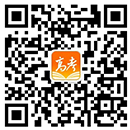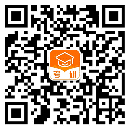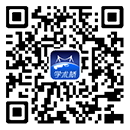I have been there before.
They shall be here at 10:00 tommorow.
That can't be true.
You are not being very polite.
Your brother is being very annoying this evening
2、be 动词的一般疑问句,方法是把be 移到主语前面,也可说成是移到句首。
Is the man a science teacher? Yes, he is. / No, he isn't.
Are Mary's new dresses colourful? Yes, they are. / No, they aren't.
Was mother in the kitchen then? Yes, she was. / No, she wasn't.
Were you at home the day before yesterday? Yes, I was. / No, I wasn't.
Was she late this morning? Yes, she was. / No, she wasn't.
3、be 动词用在特殊疑问句
在特殊疑问句里,be 动词仍然移到主语前面,但特殊疑问句是以特殊疑问词开头的,所以be 动词只能说是移到主语前面,或者说是在特殊疑问词的后面。例如:
Whose bike is broken? Xiao Ming's bike is.
Who was singing in the room? Mr. Zhang was.
Where are you from? I am from Wuhu.
What class were you in? We were in Class 2.
How old is Tom? He is ten.
4、be 动词的否定句
be 动词做谓语时,它的否定形式是在be 后加not,并且可以缩写。例如:
It is not sunny today.
Tom and his friends are not in the park.
You were not nine years old when I went to the university.
He was not often late for his class when he was a student.
I wasn't here yesterday.
My parents weren't at home last Sunday.
5、be 动词的祈使句
be 动词的祈使句有肯定和否定两种形式。肯定形式是以be 动词开头,而否定形式或强调句形,要加don't 或do。例如:
Be careful!
① 凡本站注明“稿件来源:中国教育在线”的所有文字、图片和音视频稿件,版权均属本网所有,任何媒体、网站或个人未经本网协议授权不得转载、链接、转贴或以其他方式复制发表。已经本站协议授权的媒体、网站,在下载使用时必须注明“稿件来源:中国教育在线”,违者本站将依法追究责任。
② 本站注明稿件来源为其他媒体的文/图等稿件均为转载稿,本站转载出于非商业性的教育和科研之目的,并不意味着赞同其观点或证实其内容的真实性。如转载稿涉及版权等问题,请作者在两周内速来电或来函联系。






 中国教育在线
中国教育在线





